It’s 1915, a Gunditjmara man named Chris Saunders tries to enlist to fight for Australia in World War One in a small Victorian town named Hamilton. He, like other First Nations men of the area, are rejected for being “too black” by definition of the enlisting officers.
After public outcry in nearby Portland, Chris and other soldiers were able to enlist and Chris was sent to the Western Front to fight the Germans with Australia’s 10th Machine Gun Company.
At the time, Chris and all his family including his mother were under Victoria’s Board for the Protection of Aborigines, which controlled every element of their lives.
Despite this reality, like many Aboriginal and Torres Strait Islander people, Chris enlisted to fight in a war for a country that didn’t enable them to have any autonomy and self determination over their own lives. They were not even counted as Australians. But they still went off to war in a foreign country.
You are probably wondering at this point, why am I telling you this story?
Chris Saunders is my grandfather, my fathers, father. At the time Chris was serving, his mother Eliza, my great grandmother, sent a request to the Protection Board asking to buy a small house off the mission she was a prisoner of. Eliza had been saving money sent to her from Chris while he was fighting in the war.
Her request was denied and she died without her son and her own house in December 1918 a month after the war had ended.
Indigenous soldiers discovered on returning from war that soldiers who fought would be given blocks of land. In some cases, land was given to white soldiers only and none for Indigenous. This was the case for Chris Saunders, he was not given land, despite a request being sent.
My family and I often talk about our pop and what this must have been like for him. We can’t imagine the hurt and pain he must have felt. We speak about what his life might have been like had he and Eliza gotten their own home. These conversations are tough and often tinged with sadness.
Chris’s two sons Reginald and Harry enlisted in World War Two, Harry died in action and Reginald returned a war hero. Reginald was commissioned to be Australia’s first Aboriginal officer.
Each year around Australia on Anzac Day there is a Black Digger memorial service in Redfern, people gather to honour our Black Diggers, you can find more information below:
https://www.southeveleigh.com/whats-on-new/news/2022/04/12/anzac-day-coloured-diggers-march
Further reading:
https://www.sbs.com.au/nitv/article/who-were-the-black-diggers/sk2j5ag6t
https://www.theage.com.au/national/victoria/a-woman-does-love-her-own-little-home-how-anzac-mother-s-dream-was-dashed-20180423-p4zb5r.html
ANZAC Day will always be a day of mixed emotions for me personally. I reflect on the sacrifices made by those before me, but I also remember the treatment of my grandfather and his children after they fought for a country that didn’t love them.
Lest We Forget.


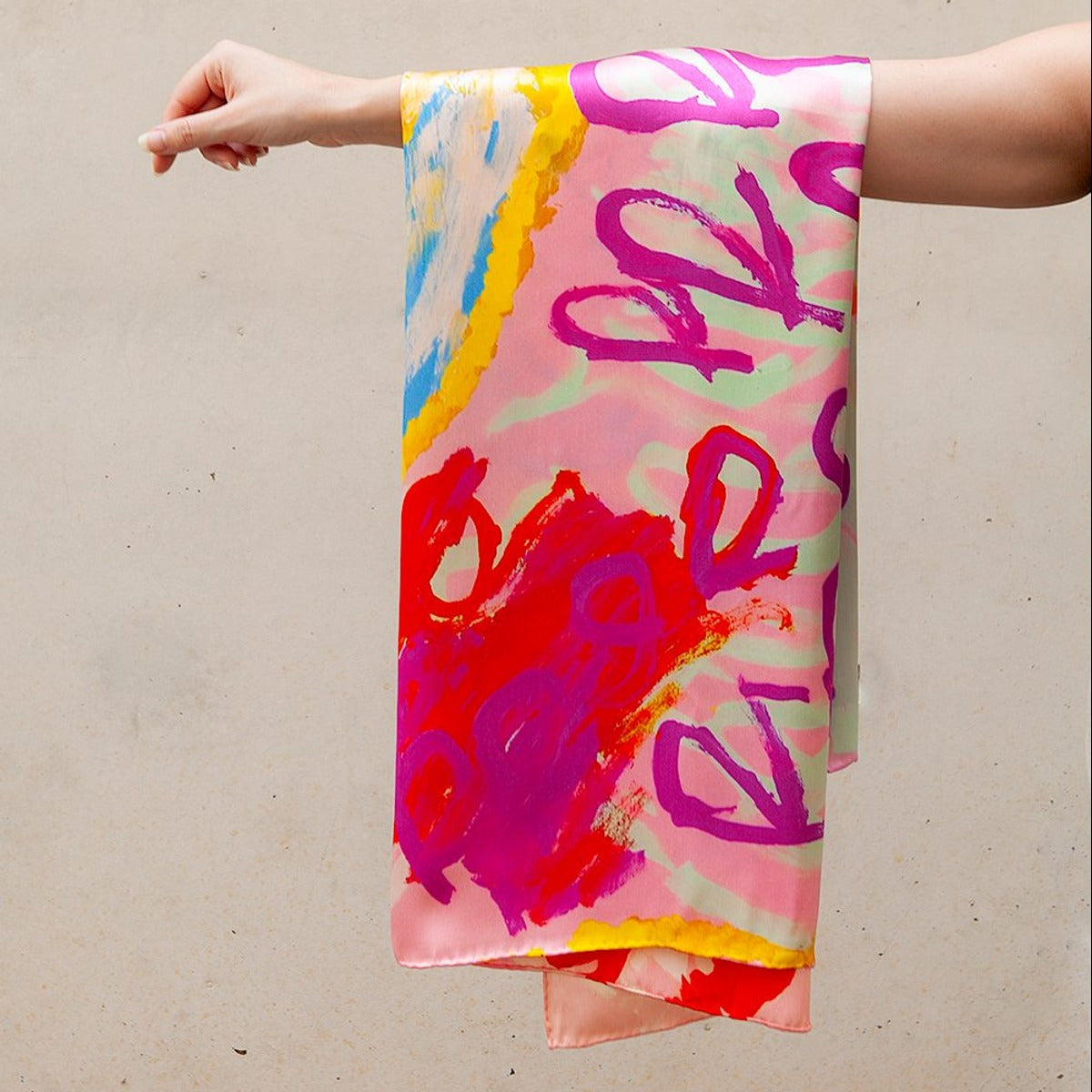


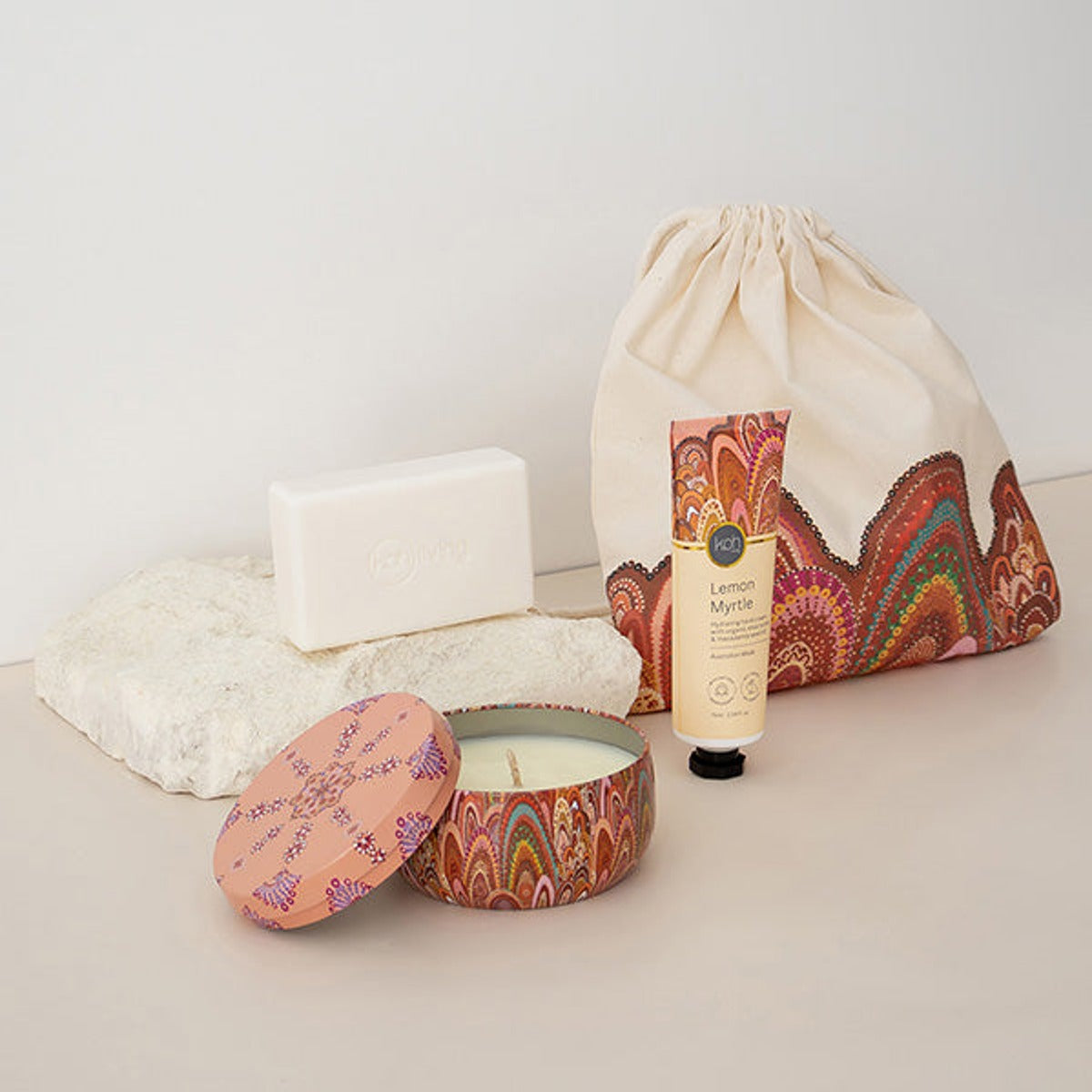
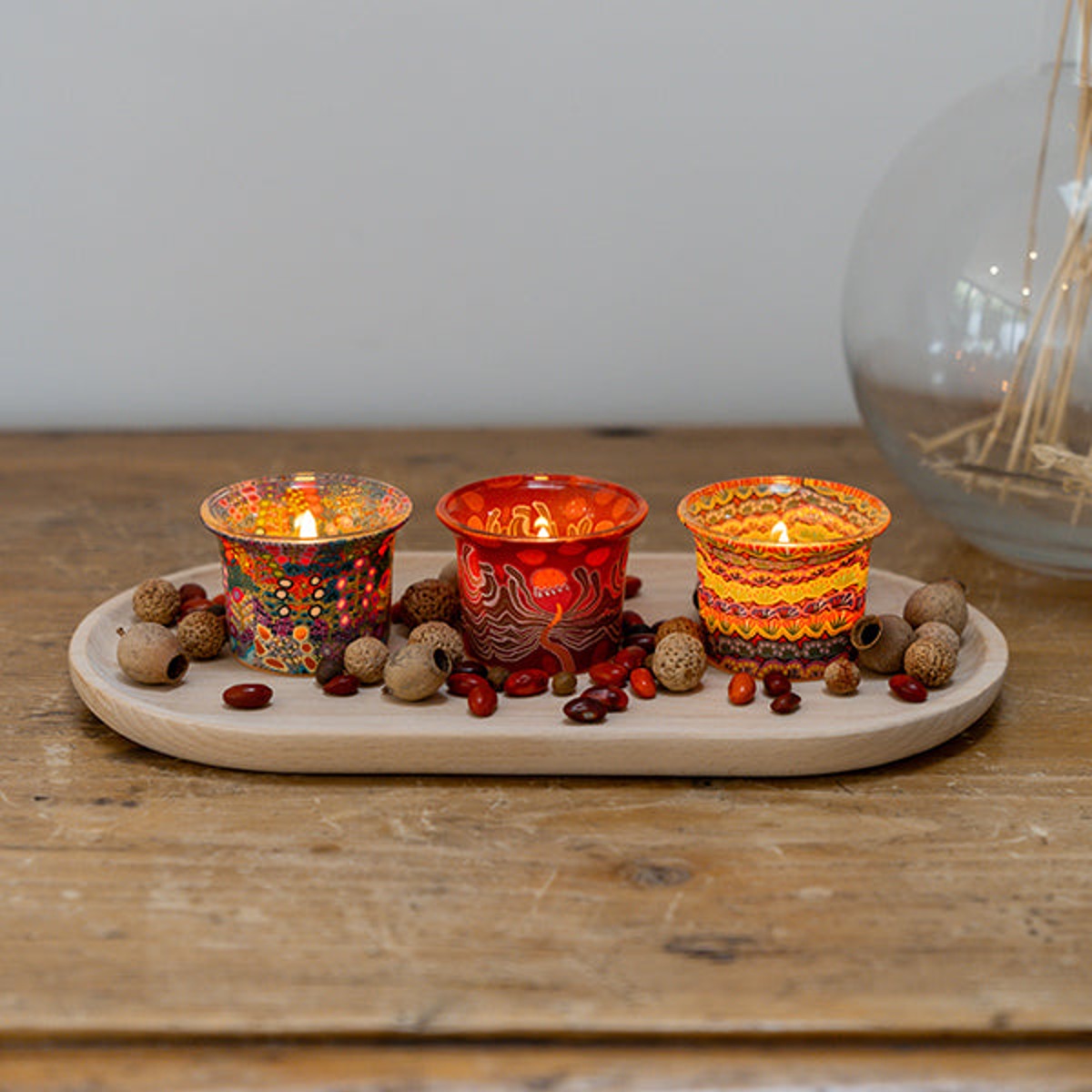
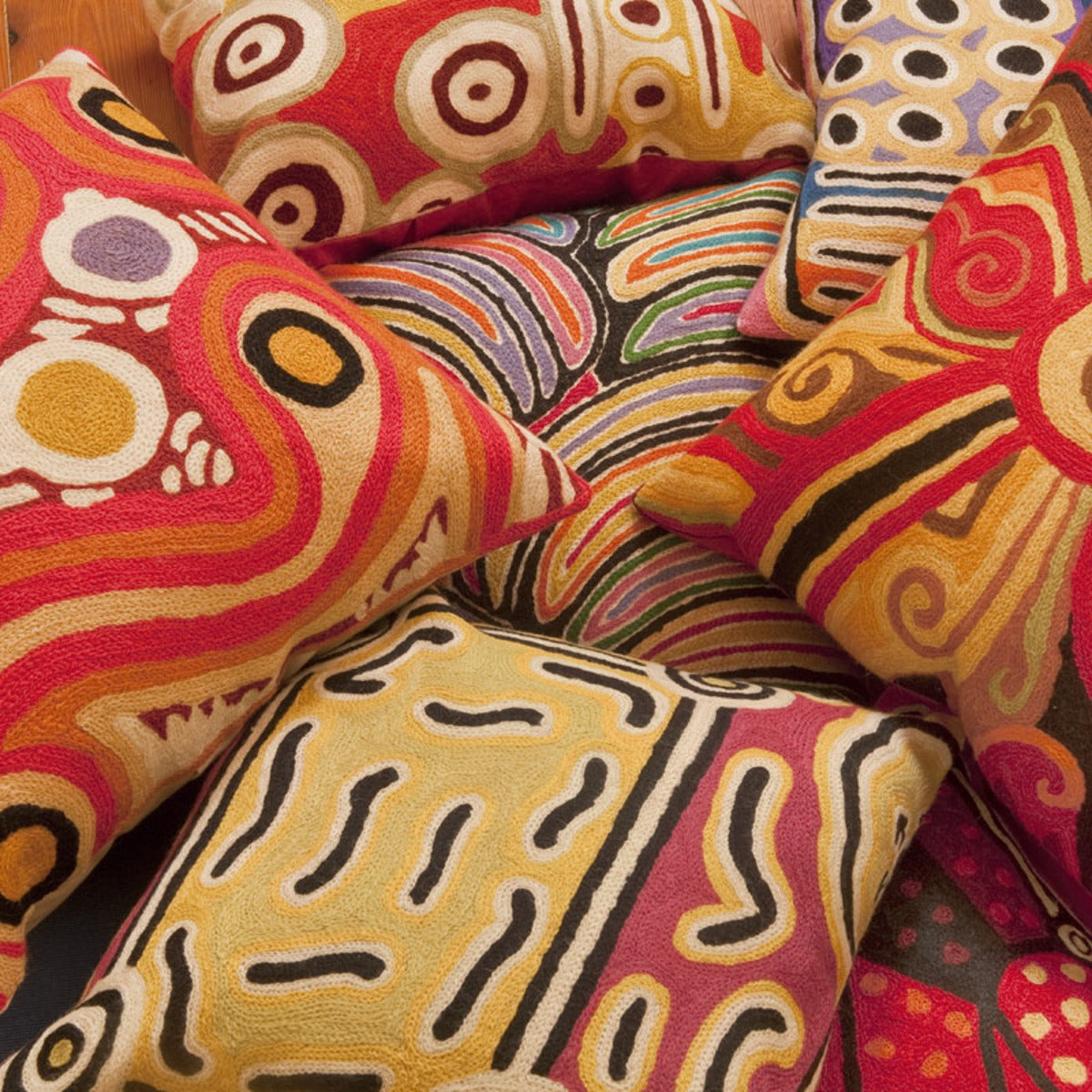
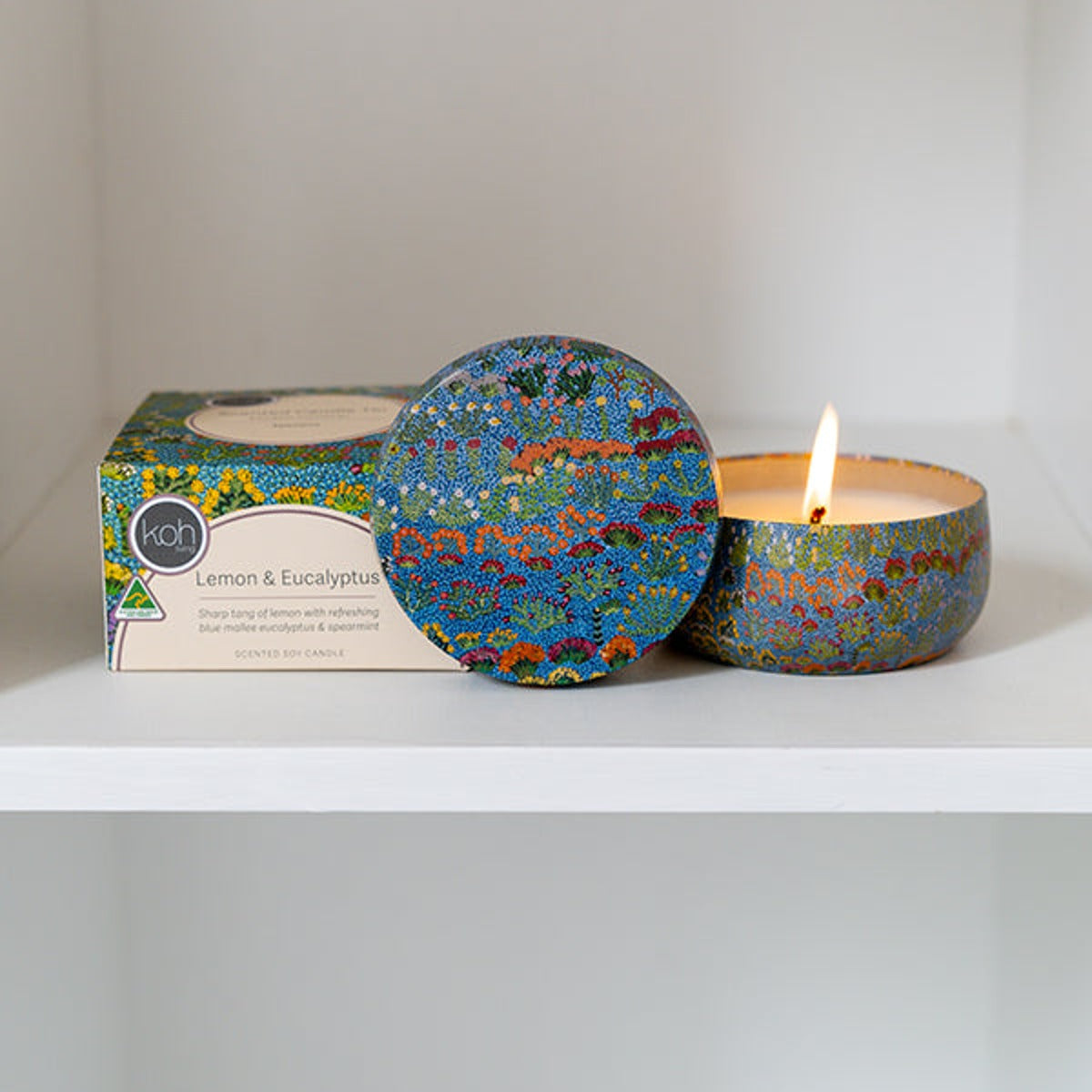
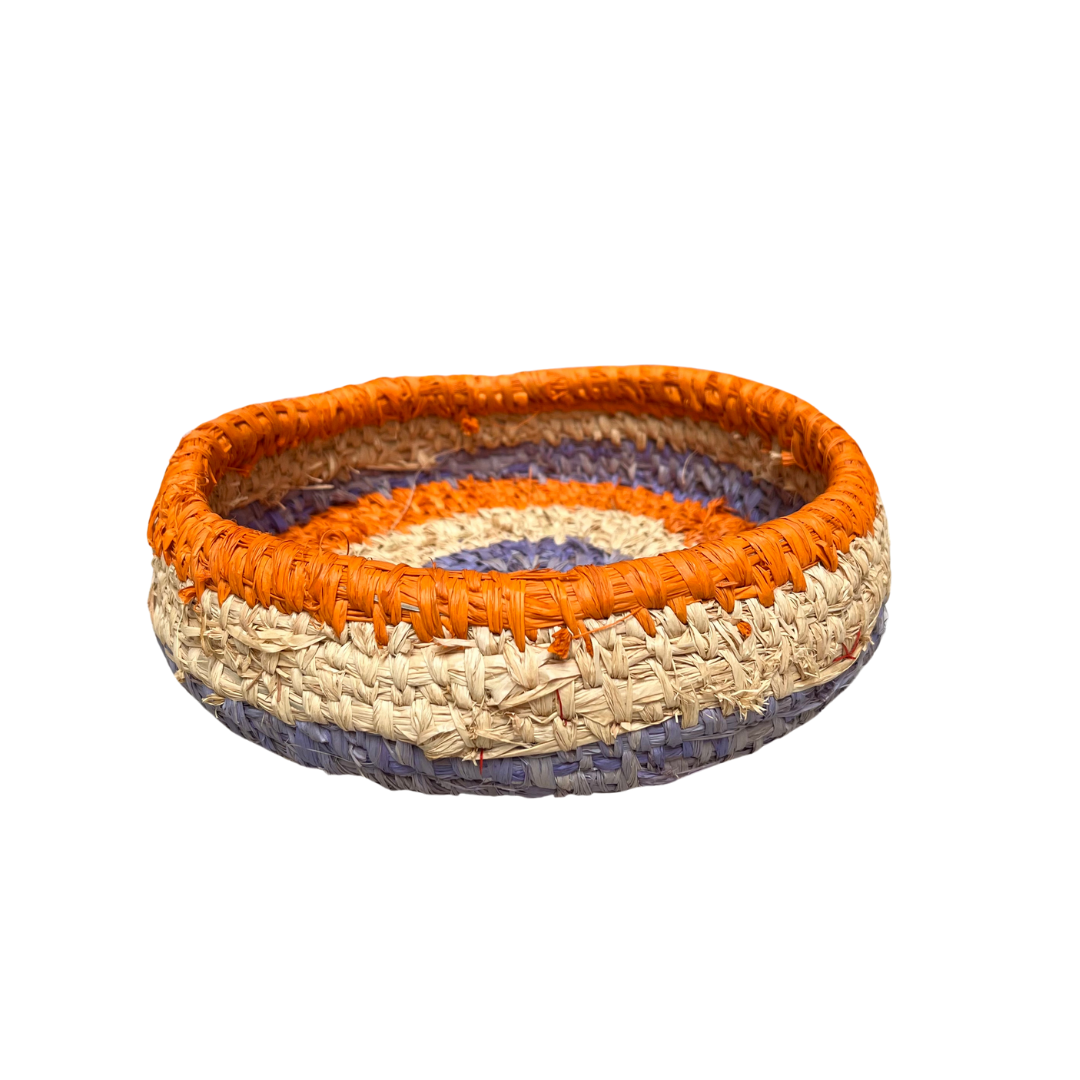
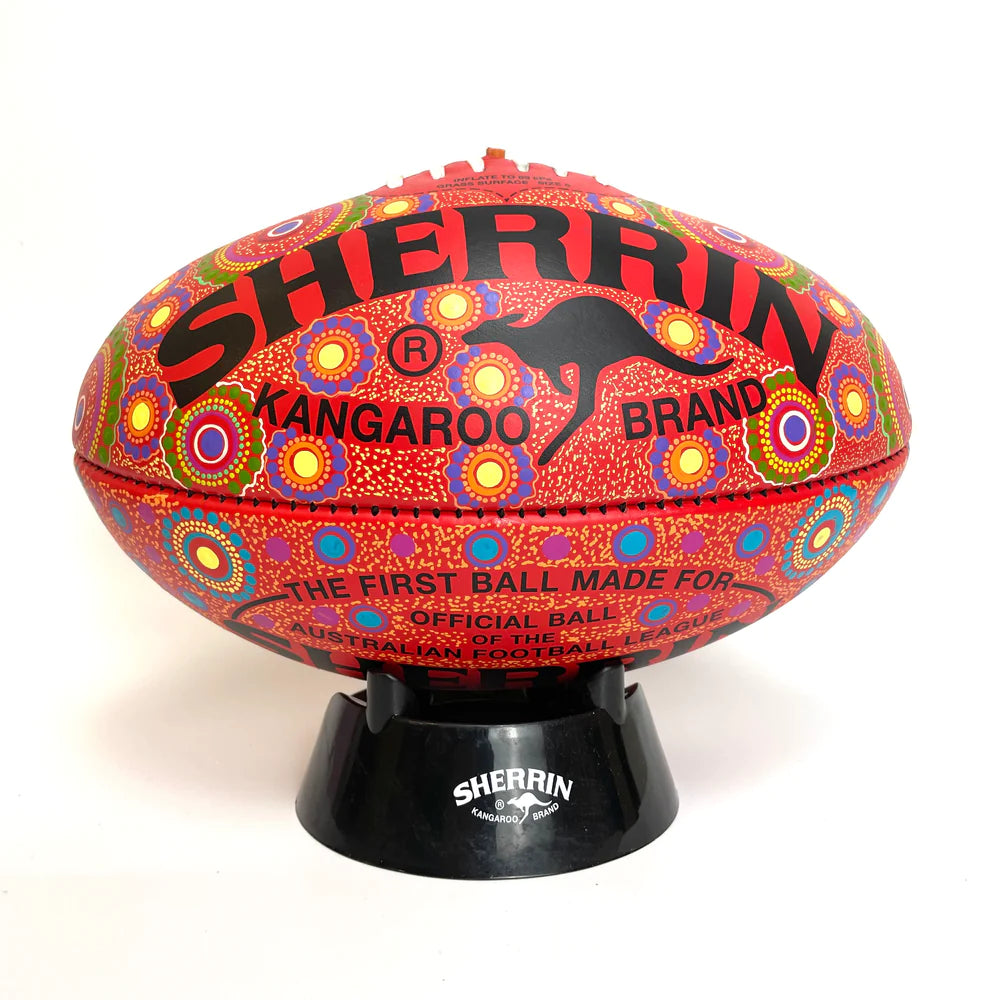


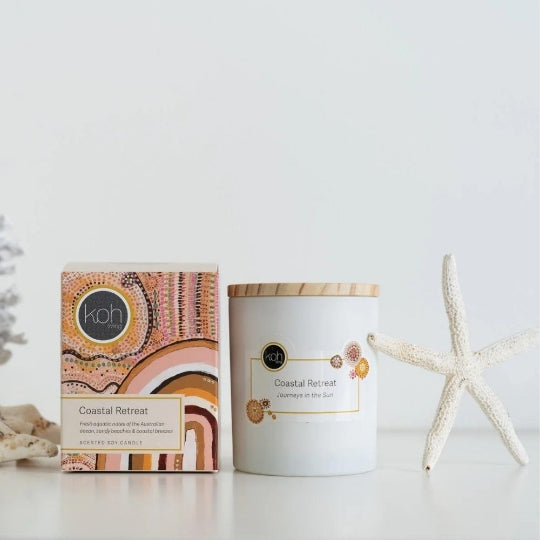

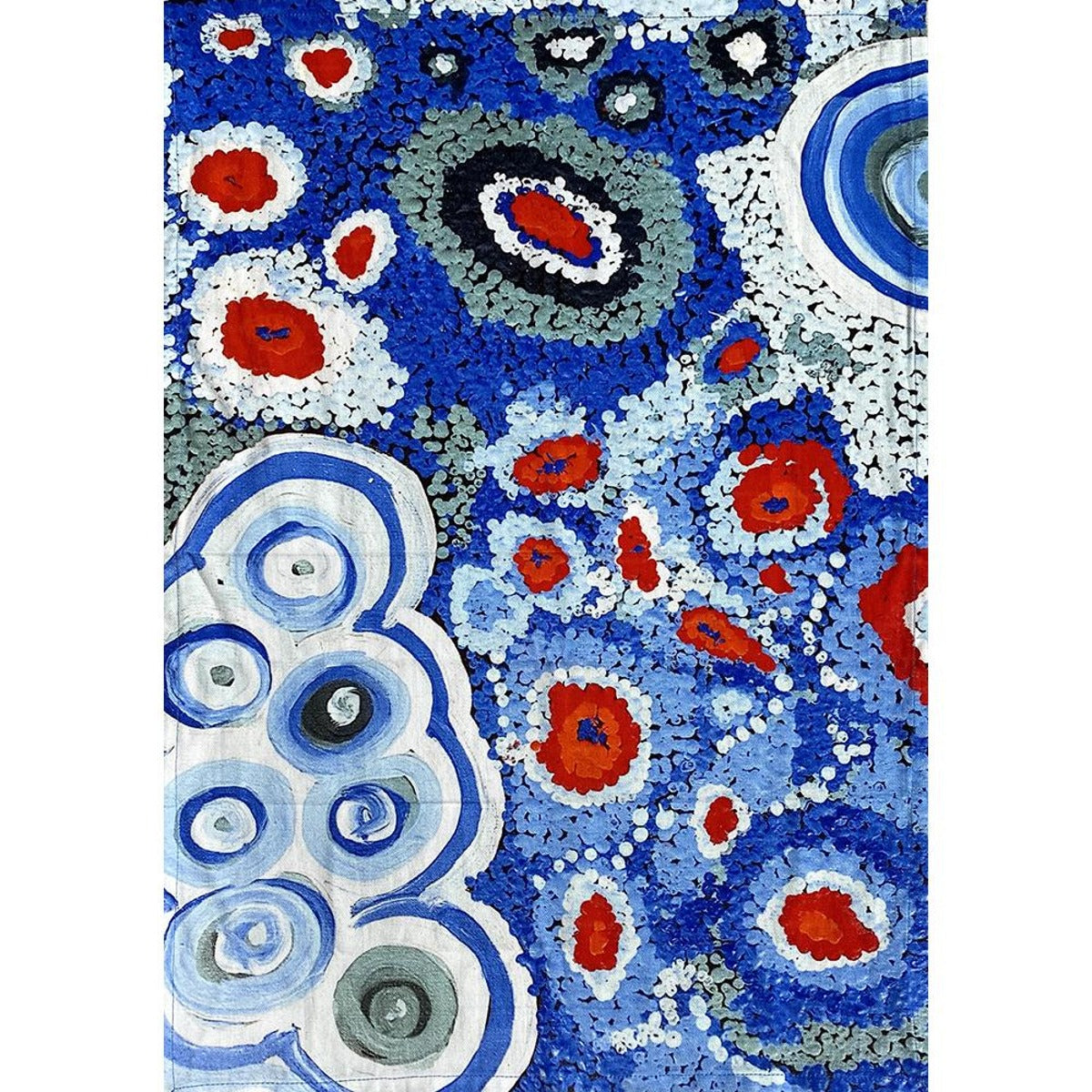

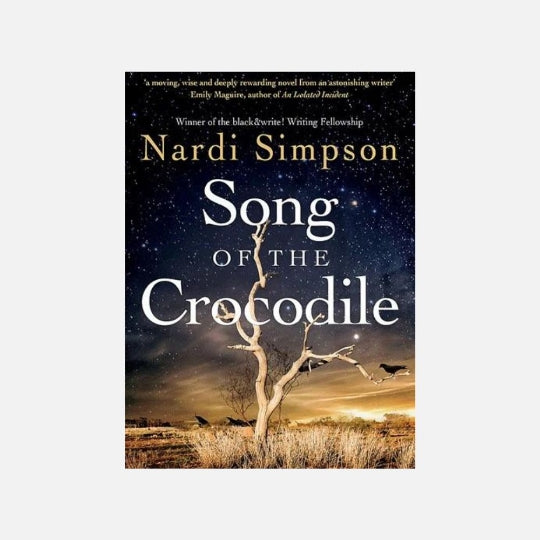
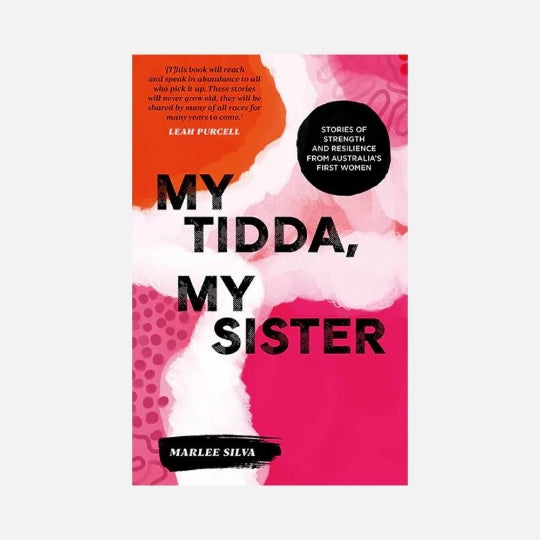
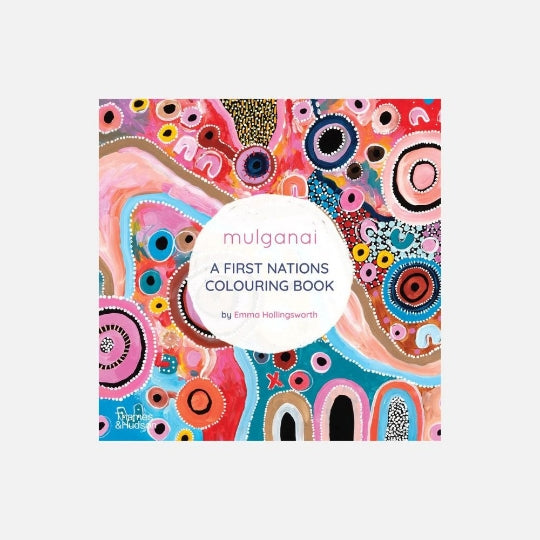
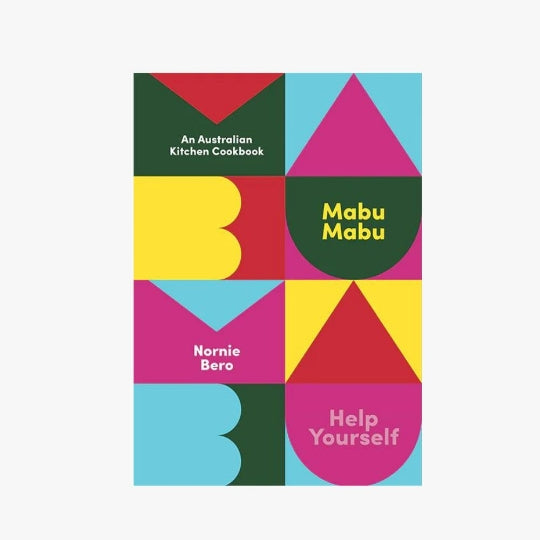

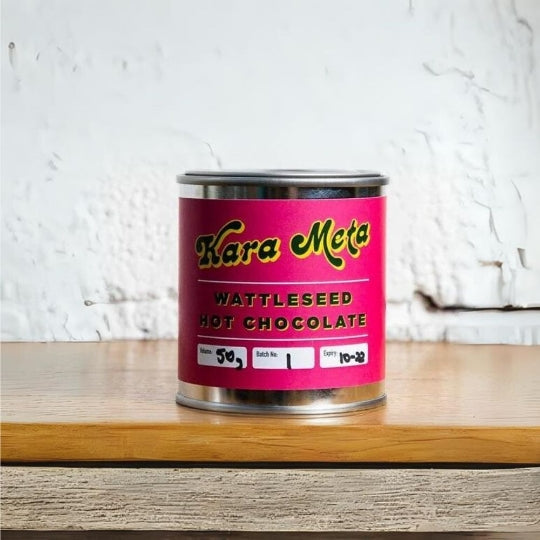
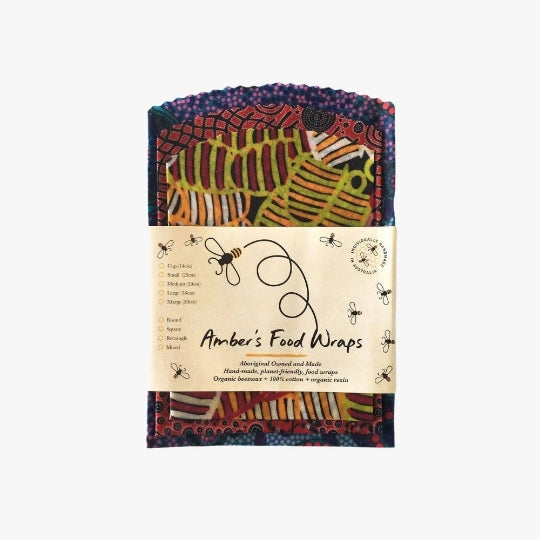



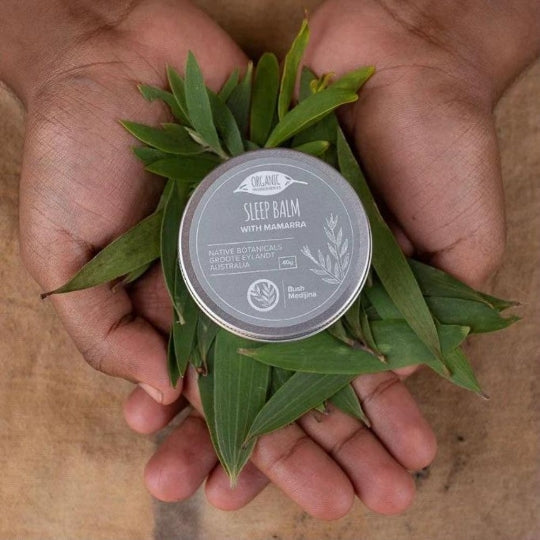
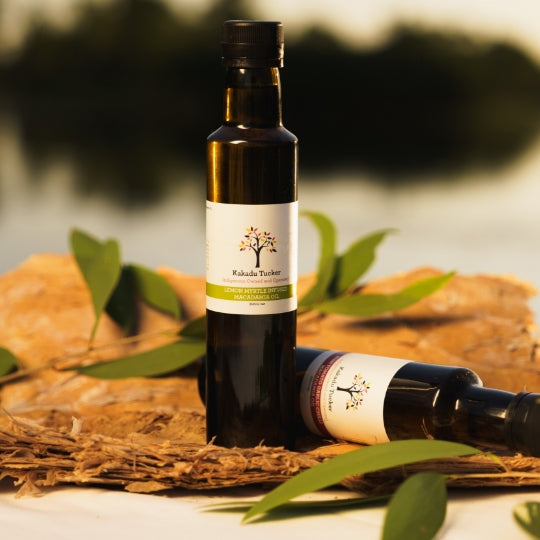
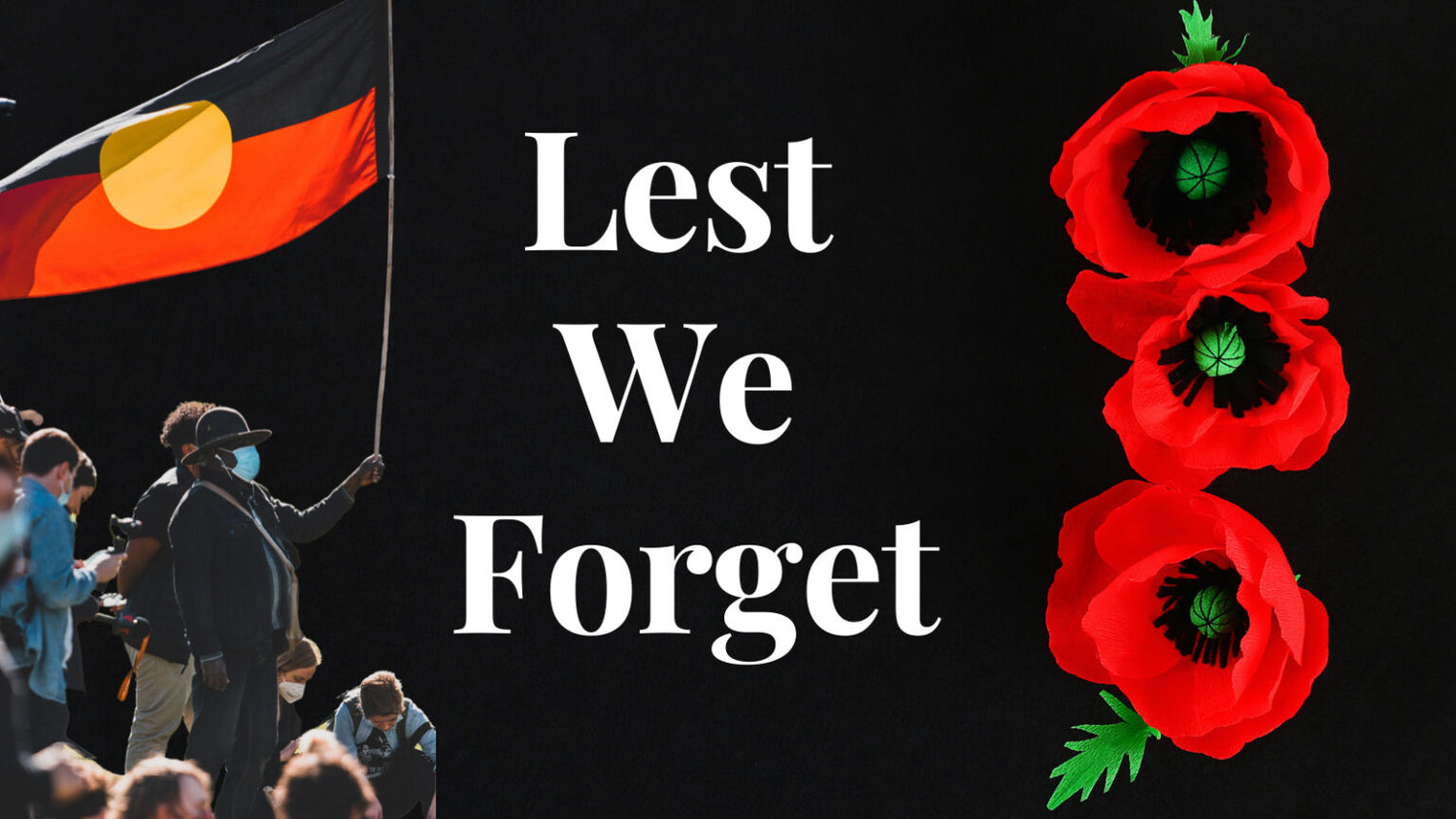
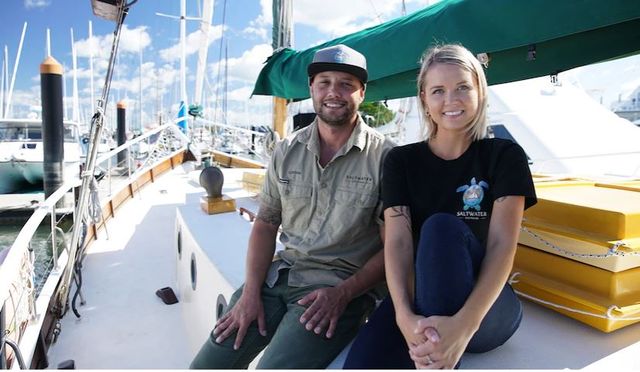
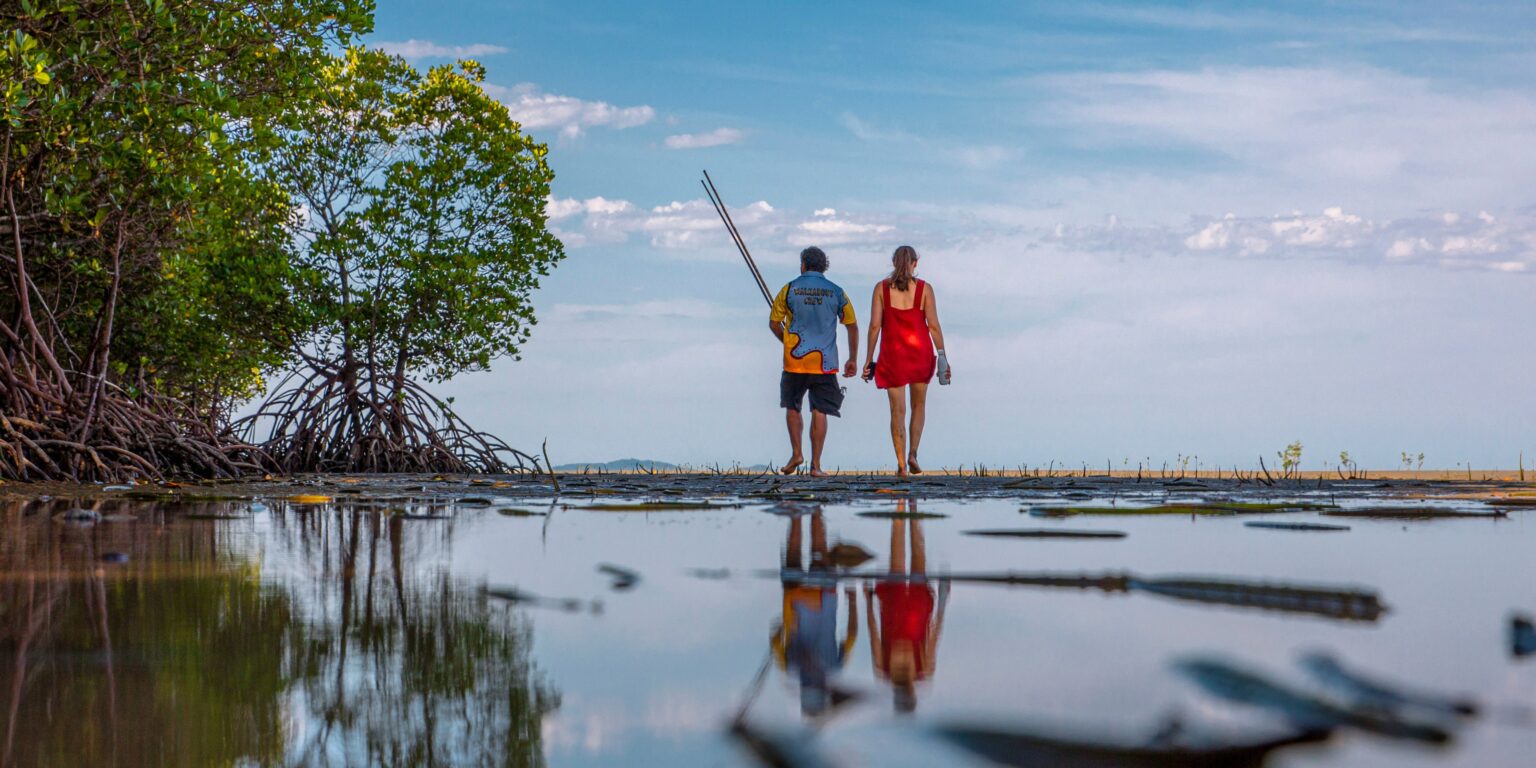

Leave a comment
This site is protected by hCaptcha and the hCaptcha Privacy Policy and Terms of Service apply.